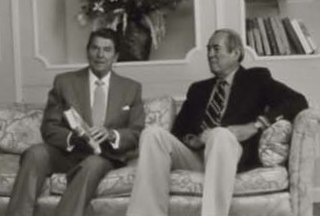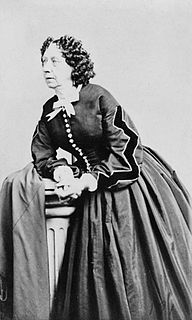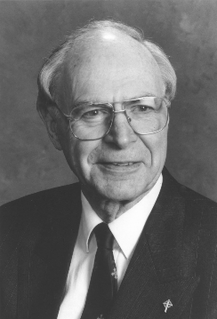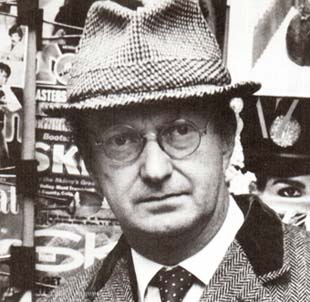A Quote by Allen Drury
Florey was not an easy personality. His drive and ambition were manifest from the day he arrived ... He could be ruthless and selfish; on the other hand, he could show kindliness, a warm humanity and, at times, sentiment and a sense of humour.
Related Quotes
It truly is a little intimidating to go speak at a middle school. Sure, on one hand the kids are only around 13 years old, but on the other hand, merely going back there reactivates the dorky, miserable feeling of being that age again. It isn't easy. As soon as I arrived I could almost feel the braces on my teeth, the don't-look-at-me slouch of my shoulders, the feathered wings of my bangs.
He could not forgive her, but he could not be unfeeling. Though condemning her for the past, and considering it with high and unjust resentment, though perfectly careless of her, and though becoming attached to another, still he could not see her suffer, without the desire of giving her relief. It was a remainder of former sentiment; it was an impulse of pure, though unacknowledged friendship; it was a proof of his own warm and amiable heart.
If the author of the Declaration of Independence were to utter such a sentiment today, the Post Office Department could exclude him from the mail, grand juries could indict him for sedition and criminal syndicalism, legislative committees could seize his private papers and United States Senators would be clamoring for his deportation that he should be sent back to live with the rest of the terrorists.
Sometimes you imagine that everything could have been different for you, that if only you had gone right one day when you chose to go left, you would be living a life you could never have anticipated. But at other times you think there was no other way forward--that you were always bound to end up exactly where you have.
And the rules were so clear, you could not deviate from that all. And I think it especially damaged my sisters because there was nothing they could do to get my father's attention, to win his approval. They could not play sports. They could not do these other things. They could not be tough. They could not be macho. And so I think they suffered just from sheer neglect if nothing else.
Tell a scoundrel, three or four times a day, that he is the pink of probity, and you make him at least the perfection of "respectability" in good earnest. On the other hand, accuse an honorable man, too petinaciously, of being a villain, and you fill him with a perverse ambition to show you that you are not altogether in the wrong.






































